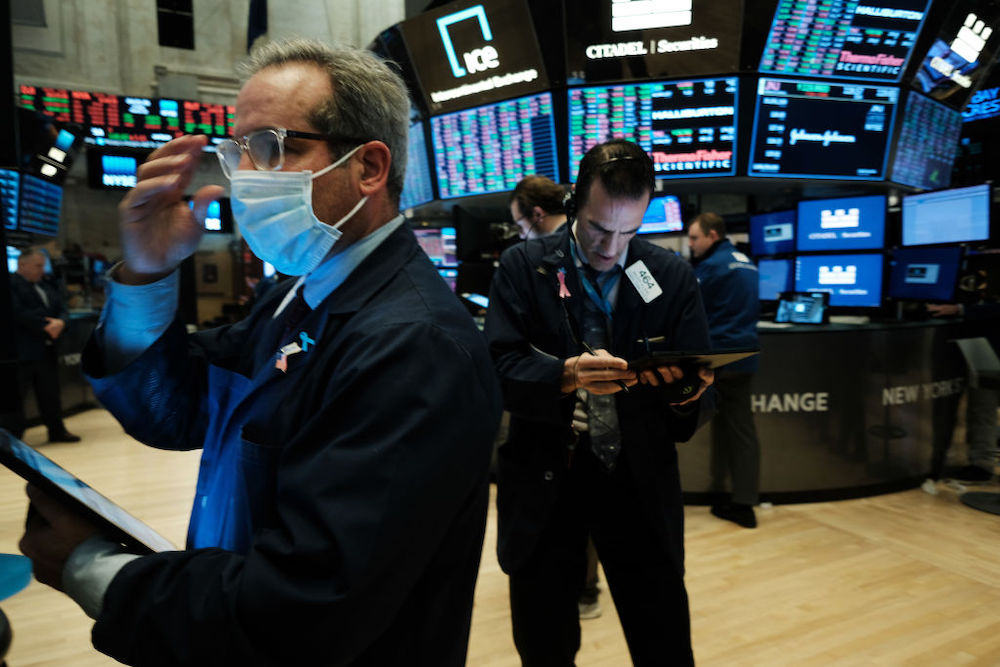- ESG isn’t just for impact investors anymore, and the pandemic is expediting the change.
- Sustainability issues have become a strategic priority for companies who want to survive the current economic upheaval.
- ESG indexes have outperformed the broader market since the start of the pandemic, according to S&P, BlackRock, Allianz and Invesco.
Sustainability investing is going mainstream, and the pandemic may be accelerating the shift.
Soon, environmental, social and governance data — until now, mainly the province of impact investors — will likely become just another piece of financial information looked at by all asset managers, a trend many said was already well underway before COVID-19.
“An event like this is going to bring ESG to the fore and that’s probably a permanent change,” Mike Ferguson, director of sustainable finance, corporates and infrastructure, at S&P Ratings, told Karma.
Investors are becoming more conscious of ESG issues as cleaner air has followed global lockdowns and society has been shown to be vulnerable to both the virus and the economic upheaval. But it doesn’t stop there: ESG funds have outperformed the broader market since the beginning of the crisis.
The S&P 500 ESG Index is outperforming the S&P 500 Index by 2.85%, for example. And BlackRock — which oversees $6.5 trillion in assets and committed to put sustainability at the center of its business at the start of this year — said that 88% of sustainable indexes did better than their non-sustainable counterparts in the first four months of 2020. Allianz and Invesco have also reported that ESG-focused securities outperformed, according to Bloomberg.
ESG should be an especially important strategic priority for companies whose very survival is at risk because of the pandemic, Richard Mattison, CEO of Trucost, the part of S&P Global that assesses ESG risks, told Karma. That’s because an inability to adapt is “why companies die. Startup companies are aligned with a new way of thinking.”
The new, green way of thinking isn’t limited to companies, he said. While political infighting has derailed an attempt to pass a Green New Deal in the U.S. Congress, other places are stepping up. France put green strings on its bailout of Air France, and Canada is considering similar moves. Green bonds are doing well, and cities like London are looking at raising green taxes.
“There is a business opportunity here to make a difference from a business perspective — to build better,” Mattison said. “As somebody who is operating a company today, you’re much more likely to attract long-term, stable investors with capital if you align your business with ESG principles than otherwise.”
BlackRock forecasts that the shift toward sustainability will be “persistent and long-lasting,” in a report on sustainable investing during the crisis. “This is a transformation that we expect to see through the current pandemic, recovery and long after,” says the world’s largest asset manager.
Meanwhile, agencies like S&P will continue to measure and rate companies on how well they do on all three of the environmental, social and governance factors — even as social issues are garnering more attention during the pandemic, Mattison said.
“We’re not going to ignore the E just because the S seems so important right now,” he said. “We also don’t want to see the E disappearing.”
An earlier version of this article misstated the name of The S&P 500 ESG Index.
Photo by Spencer Platt/Getty Images

























